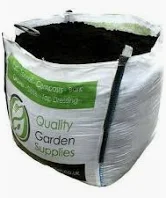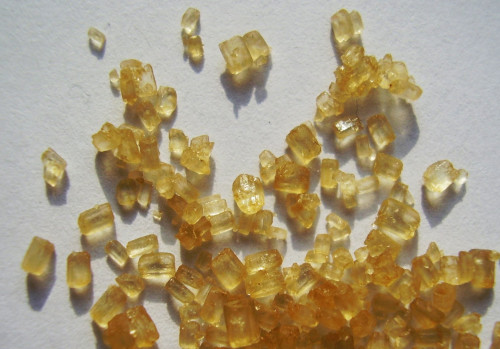Modern sugar farming is potentially as bad for the planet as the food ingredient is for us. Take for example British Sugar, which buys in 8 million tonnes of sugar beet a year and turns them into 1.2 million tonnes of sugar.
Ever since 1996, British Sugar has been developing a profitable business from a sugar beet by-product, namely the soil adhering to sugar beet arriving at the factory gate. British Sugar’s product range is marketed under the TOPSOIL brand and is sold by the lorryload to golf clubs, housing developments, parks and gardens.

Some 3,000 farmers across the east of the UK are literally giving away their futures with every trailer load of muddy sugar beet. Nobody at British Sugar has any particular reason to worry. But the fact remains that the farmers concerned are losing 200,000 tonnes of soil a year from their core business — about 66 tonnes each per year as an average. If British Sugar was experiencing a comparable threat to its core business, it would probably respond differently.
British Sugar is the UK arm of the much larger AB Sugar group, which employs 35,000 staff at 27 locations around the world, including a Chinese sugar beet joint venture. The AB Sugar parent company is Associated British Foods, which supplies food manufacturers and retailers with an extensive range of ingredients and finished food products. ABF is the second largest processor of sugar and baker’s yeast in the world, as well as having a significant presence in emulsifiers and stabilisers. Once a significant food retailer, its retail arm is now limited to the fashion chain Primark. This deliberate choice of non-food, avoids cannibalising the core food businesses.

The roots of ABF go back to 1935, when Canadian Garfield Weston founded Food Investments ltd, which just weeks later became Allied Bakeries. It grew steadily through the war years and by 1956 had bought up 10 regional and national bakeries, selling 20 million biscuits a day in addition to bread.
In 2022, group profits were GBP 1.4 billion on a group revenue of GBP 17 billion. Now owned by Wittington Investments, ABF dominates the UK food sector with leading positions in key food ingredients and processes.
Leave a Reply